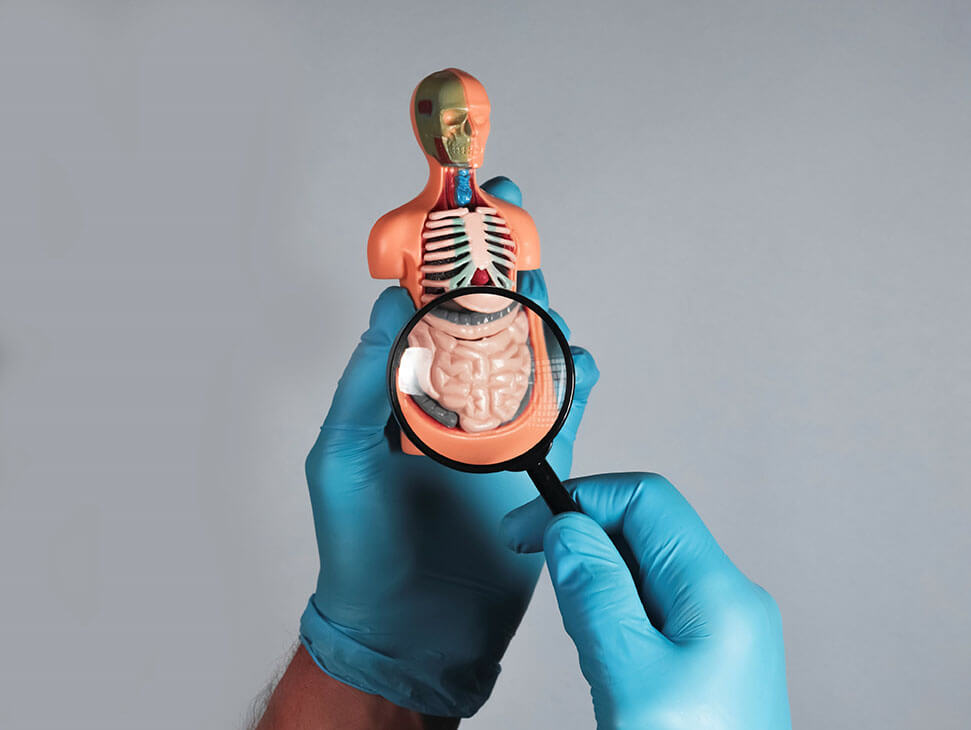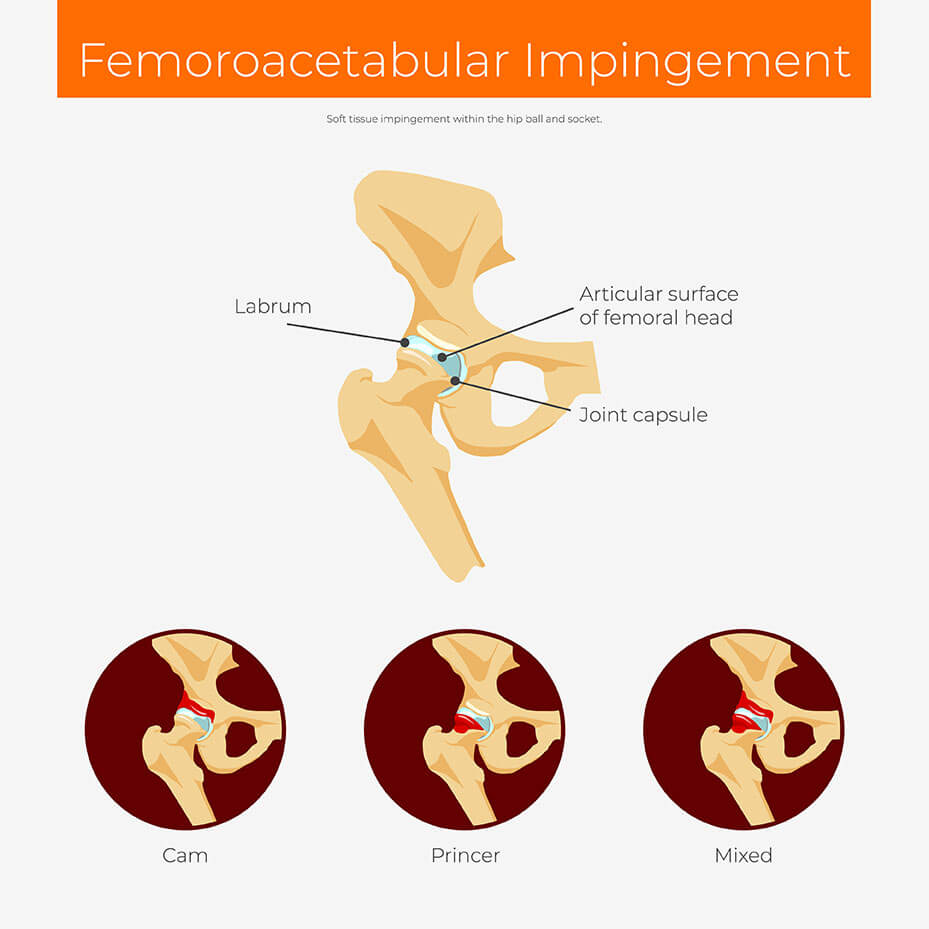Overcoming anxiety and exercising
Overcoming anxiety that happens before you exercise: Our mission is “to transform self-belief and physical capacity with unrivalled care” and part of this is helping people start and keep going!! These are some tips if you experience anxiety before doing exercise: **Baby Steps**: Instead of diving headfirst into intense workouts, start small. A 10-minute walk […]
Overcoming anxiety and exercising Learn More »











